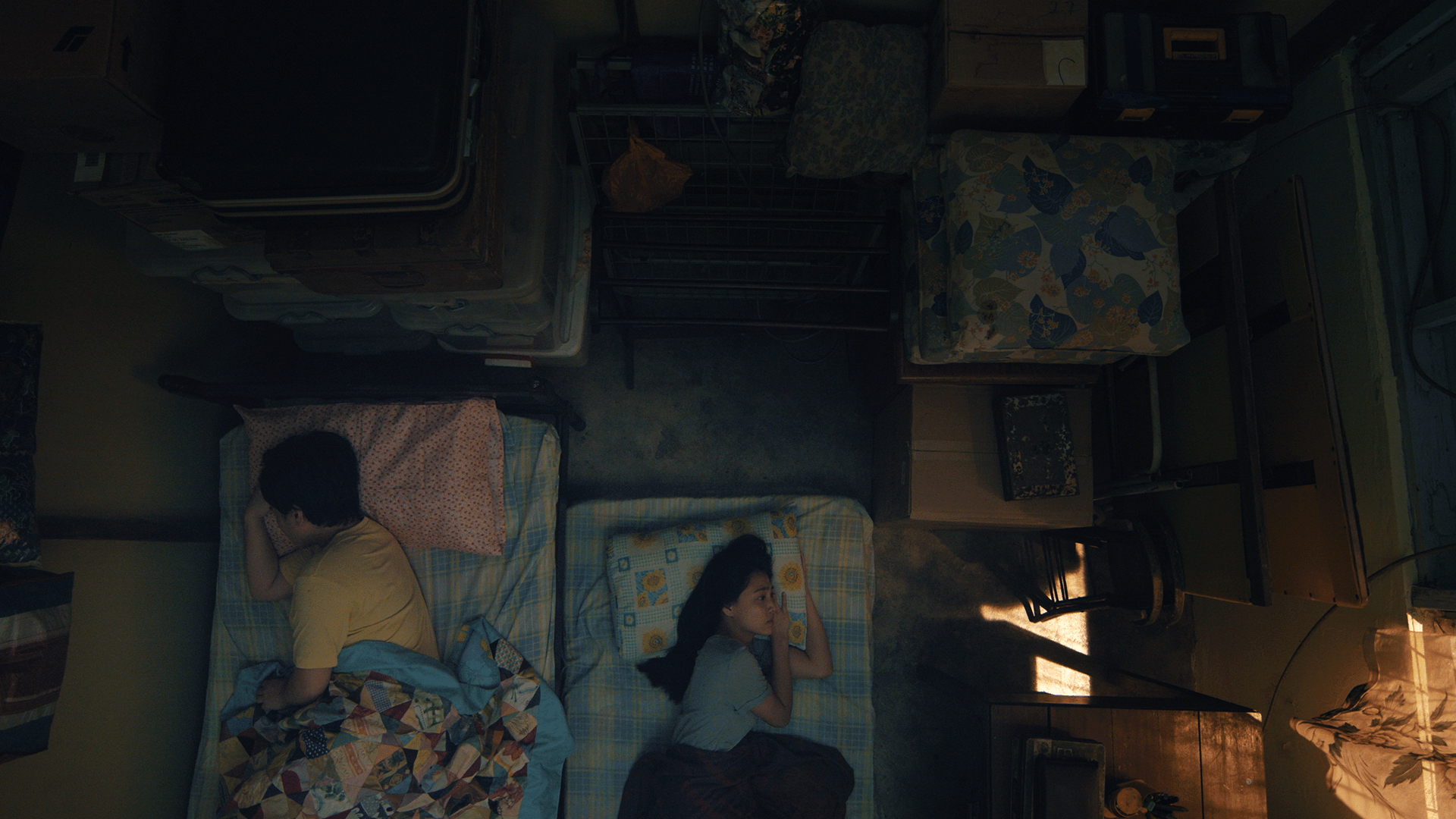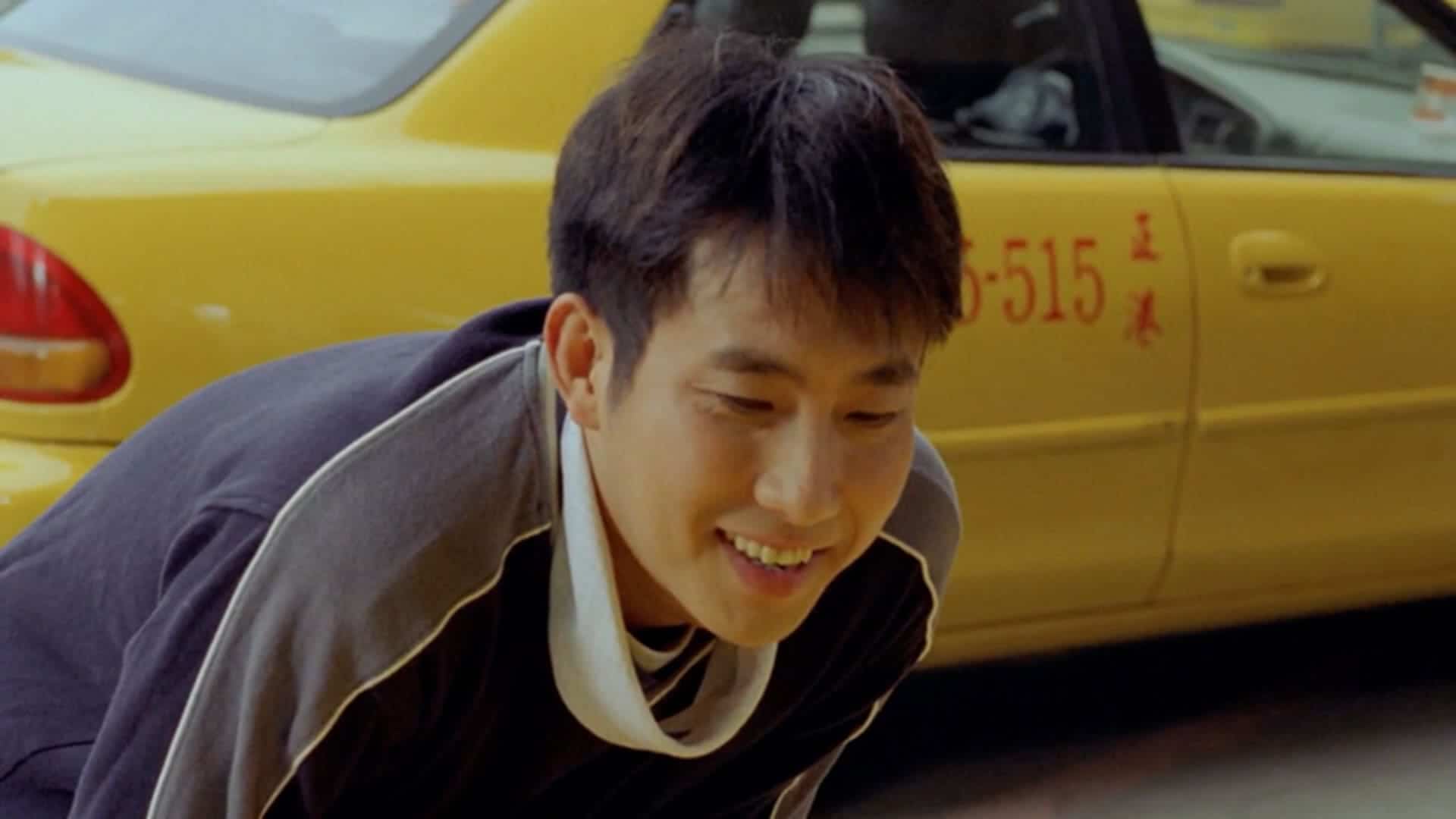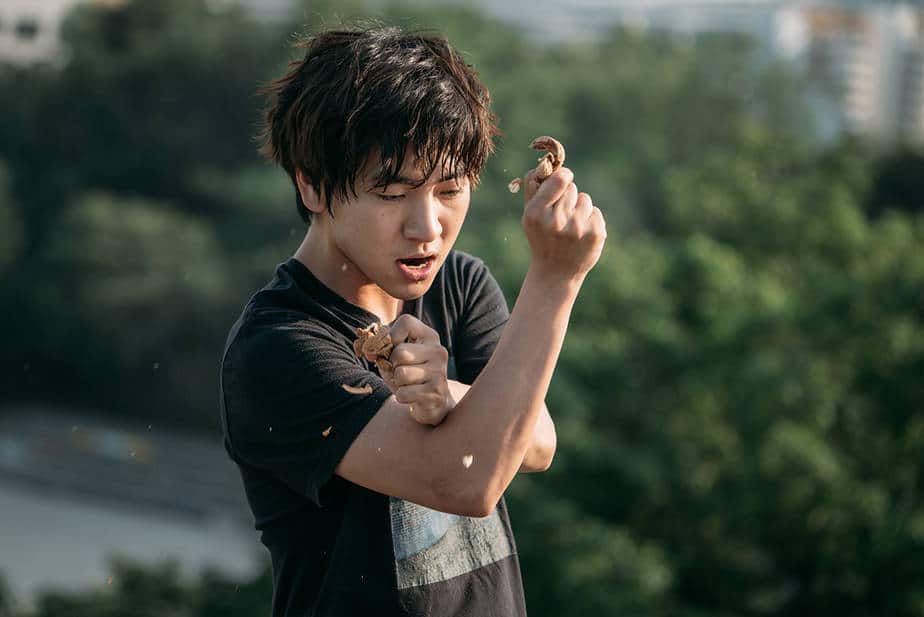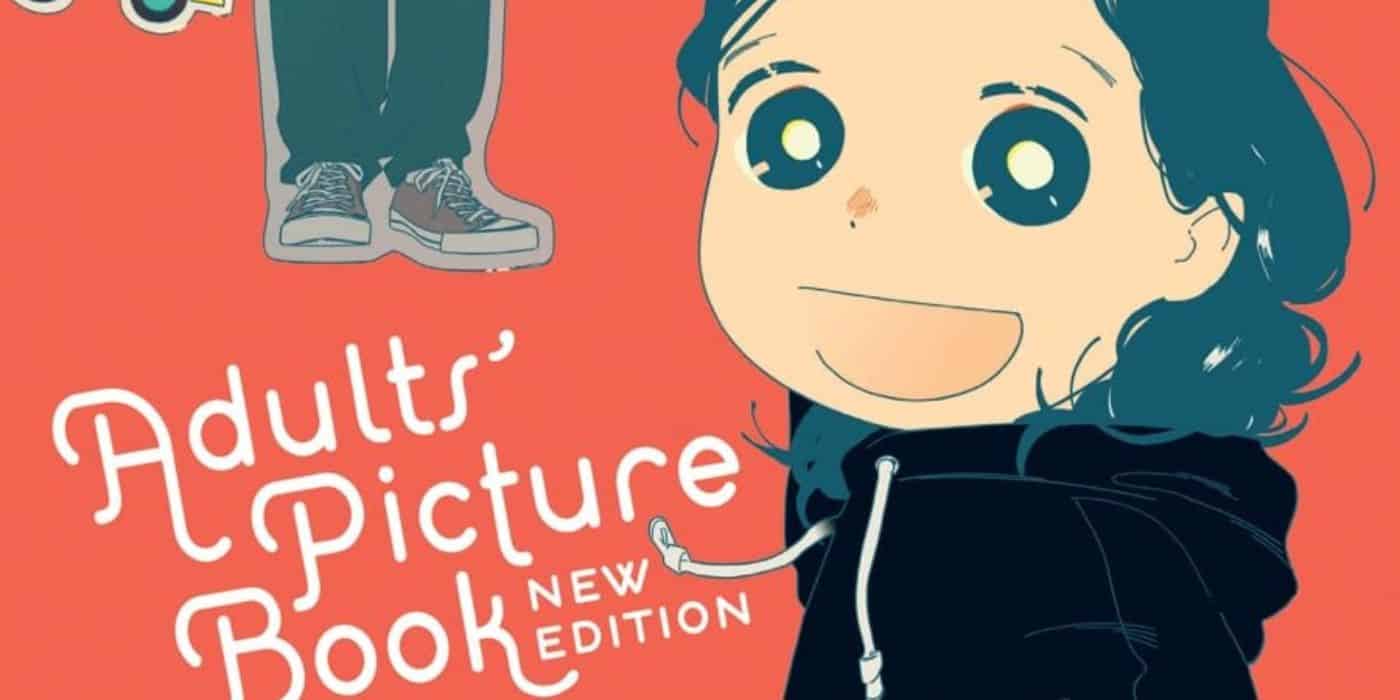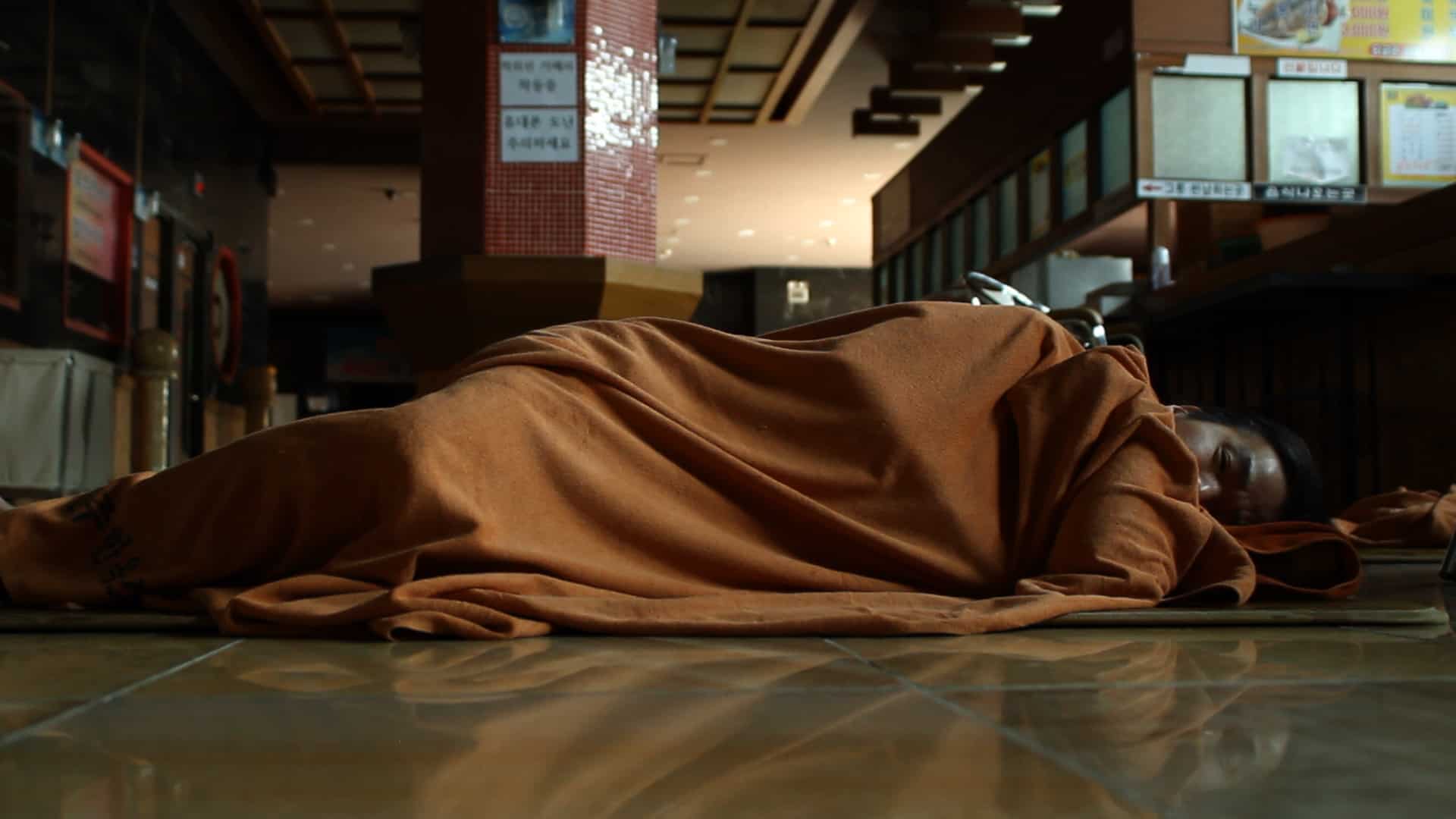“Aoluguya, Aoluguya” is the first part of a trilogy about the lives of the Evenk people, one of the 56 officially recognized by the state ethnic groups living in China. Titled possibly after the ethnic township where a large number of the thirty thousand Evenks in PRC live, but also harking back to the nomadic reindeer herders' past, this movie by Chinese documentarian Gu Tao chronicles the daily life of two siblings, brother Weijia and sister Liuxia, who have chosen to stay in the forest their ancestors lived in, instead of moving to the modern but foreign and alienating ethnic settlement.
Aoluguya, Aoluguya is streaming on CathayPlay
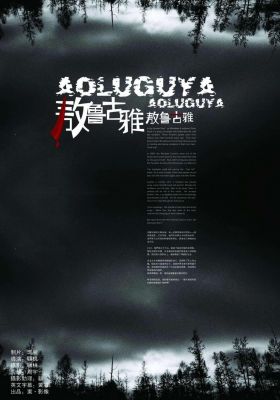
Thorough Gu Tao's documentary, we see the siblings speaking about the recent past of their people numerous times. Always with a sense of longing and nostalgia, they reminisce how great it was before they were prohibited from hunting in the forests they used to live in. This severed their relationship with the land, Weijia, says, forcing them to move to government-made settlements and ways of life that have divested them from their cultural identity as nomadic pastoralists. More importantly, though, it has emasculated them, forcing them to start drinking as a means to cope with the emptiness of their existence.
And drink they do. Copious amounts, all the time. Not only Weijia, Liuxia, and the few Evenki left at their small settlement in the forest, but those in the government-owned buildings. The latter a seemingly less than the former, though. Weijia, himself drunk while telling this, even goes as far as to admit that alcohol has led to the deaths of many of his friends. It is going to kill him and his sister, too, the viewer cannot but think, looking at the two drink themselves to stupor every day.
On a macro level, alcohol, together with the modernization of China and the ban on hunting, have helped destroy Evenki traditional culture. It has done the same on a micro too, Gu Tao shows us again and again. It has strained their relationship with their old mother, who not only pesters them to stop drinking to the point of them having to find ways to hide bags of what looks like cheap alcohol in different places in the small tent the three share, but also seems to abuse them physically and emotionally. On an even smaller scale, drinking has also shattered Liuxia's happiness because it is one of the reasons her son, Yuguo, himself a subject of the second documentary of this trilogy about the Evenki people.
It comes as no surprise to the reader that “Aoluguya, Aoluguya” is a very violent film, both physically and emotionally. The people punish themselves with alcohol, but also hit one another brutally, yet casually, implying to us that it is something they do all the time. Even Weijia and Liuxia hit one another often. In fact, the movie starts with the brother and sister at a train station, going towards their mountain settlement, when out of nowhere, Liuxia hits a passing stranger. He's a friend of hers, she tells her brother, implying that she lives in a society where violence has taken over intimacy. Or, possibly, violence is intimacy.
The emotional brutality shown by Gu Tao, though, is much more difficult to withstand by the viewer. Though laughing and telling stories about the past, oftentimes from horizontal positions in their beds, the eyes of the siblings convey a deep sadness – for their lost ways of life, destroyed culture, and dark (even, non-existing), future.
And yet, in all of that brutality and violence, there is humanity, warmth, and understanding, at times even respect, coming from Gu Tao's nonjudgemental camera. This makes “Aoluguya, Aoluguya” a rewarding, at times even fun, and deeply personal experience.




